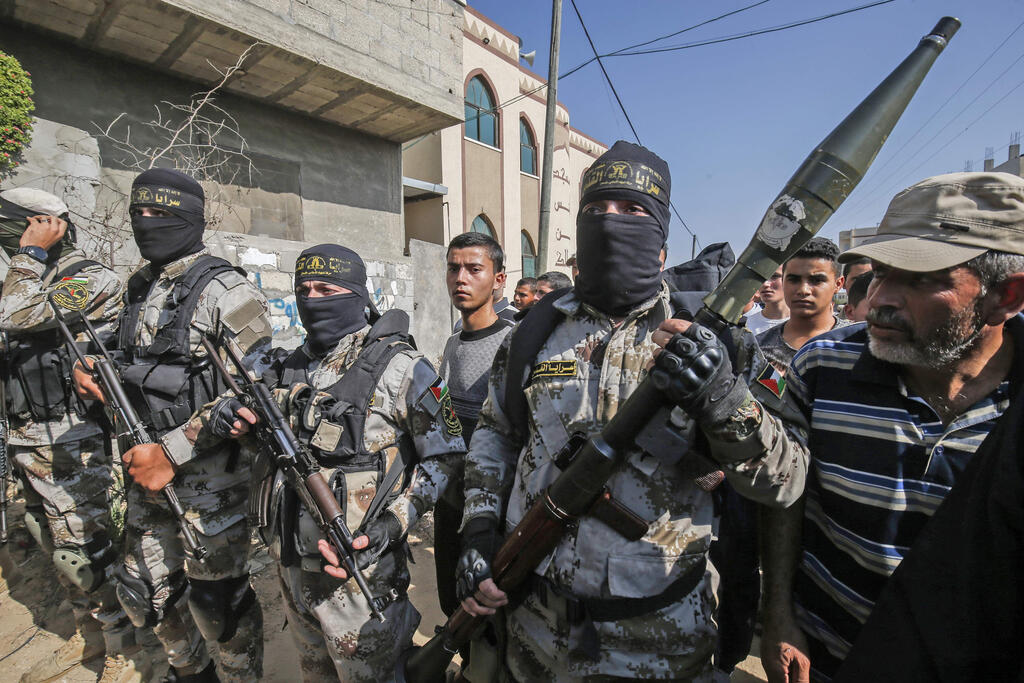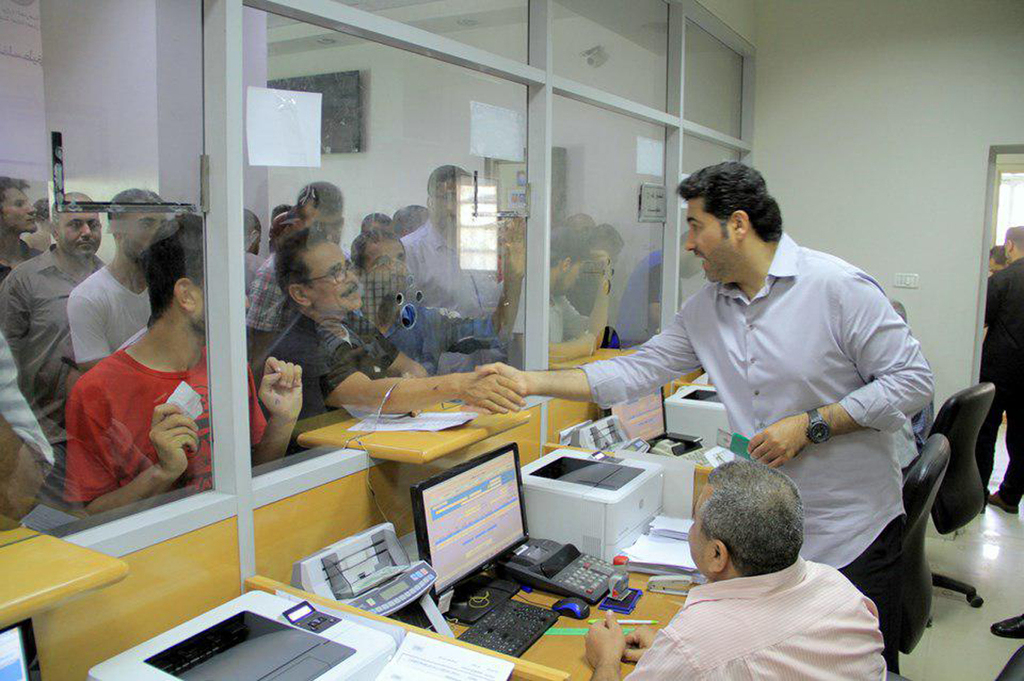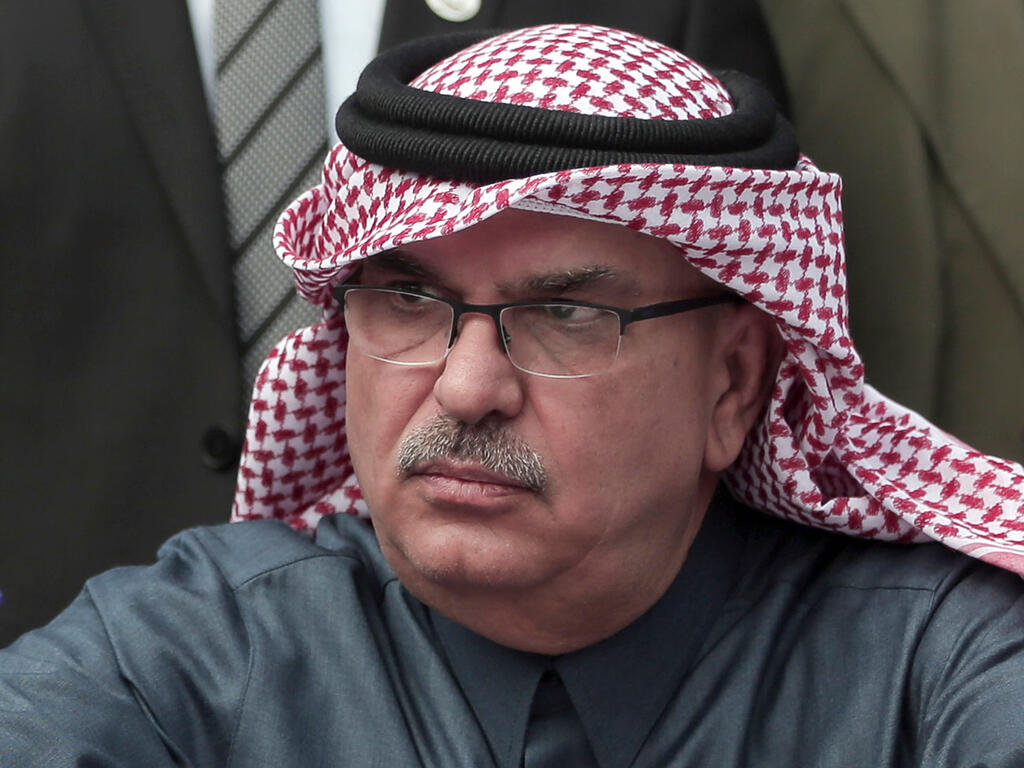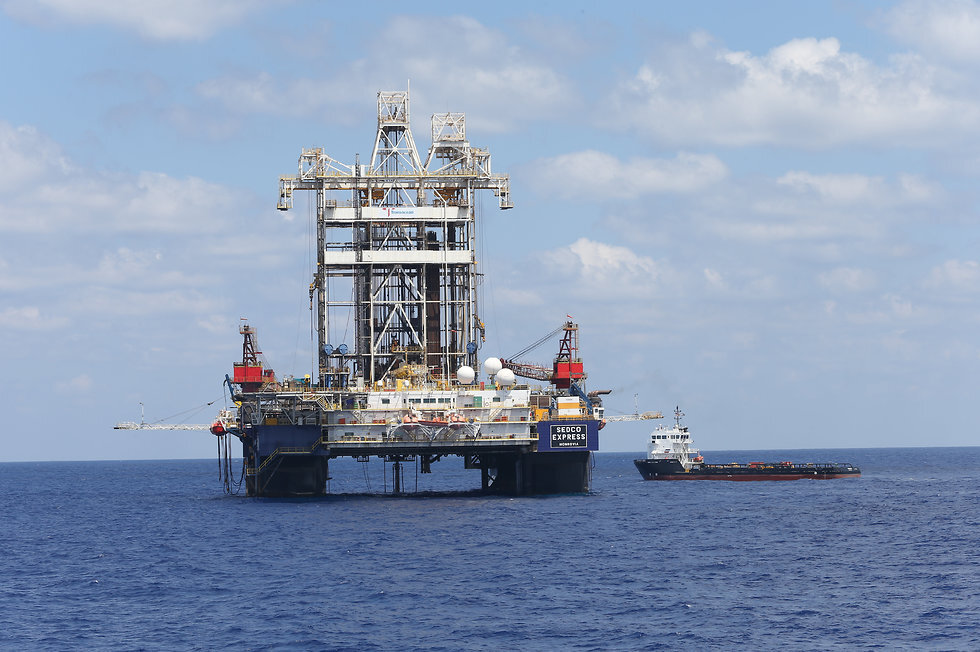Getting your Trinity Audio player ready...
Qatar announced Wednesday that it will keep its funding of the Gaza Strip through 2021. It is yet unknown how much monetary aid will be given how it will be used.
Mohammad al-Emadi, Qatar’s envoy to Gaza, has regularly visited the Strip in recent years with Israeli approval, bringing funds dedicated for the purchase of fuel, civil servants salaries and cash to help Gazan families in need.
This funding has been critical to maintaining calm along the border.
The decision was made while intensive efforts were underway by Israel, Hamas and international mediators, held in Israel and in Doha, to negotiate a ceasefire that would be in effect for at least one year.
Qatar and the Gaza-based terror group remain at odds over how the funds were to be used with Doha officials insisting on investments in significant infrastructure projects include building a gas pipeline to supply the only power station in Gaza still operating on coal.
The very costly plan is still in the planning stages with construction expected to last 2-3 years.
The project includes the supply of gas from Nobel Energy - which oversees and operates the Leviathan gas rig off the coast of Israel selling the gas to Israeli Delek company, which in turn would sell it to Qatar, which will deliver it to the private company operating the enclave's power station.
Whether Hamas and Qatar reach an agreement on the project or not, final approval must be given by the Israeli government.
It is yet unclear whether the project will be conditioned on the release of the Israeli captives and MIAs held by Hamas in the besieged enclave.
Sources within the group's leadership say they would like the monetary aid be given to families in need, rather than to infrastructure projects that could take years to get off the ground.
Hamas would like to see either more money given to families that have been receiving monthly payments of $100 in cash or alternatively an increase to the number of families eligible to receive the Qatari assistance .
That position may be directly linked to internal Hamas elections scheduled to take place in early 2021, and an effort by members of the organization to gain public support.
4 View gallery


Islamic Jihad militants in Gaza during a funeral of one of their fighters in 2019
(Photo: AFP)
Despite Qatari efforts to bring about an understanding between Israel and Hamas that could ensure calm along the border, the Islamic Jihad faction, that opposes Doha's involvement, and is believed to be responsible for the recent rocket fire launched from the Strip on Israeli communities in the south, could disrupt any agreement and bring about a further escalation of hostilities.




